Brain Injury / Head Injury
Resource Categories
-
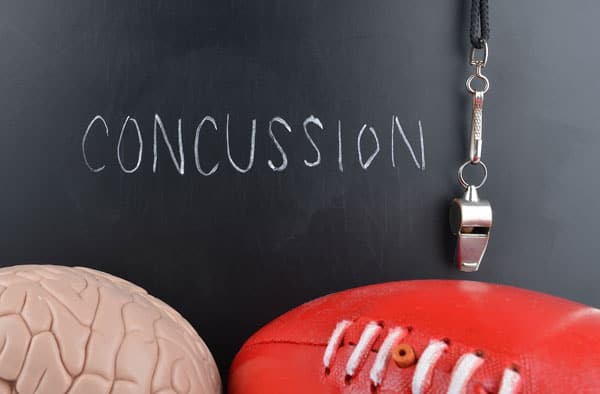
Updates from Concussion in Sport Group International Conference
Mild Exercise and Screen Rest Recommended The United States Centers for Disease Control estimates that as many as 10% of athletes will experience a concussion during any given sports season. Many of these go unreported…
-
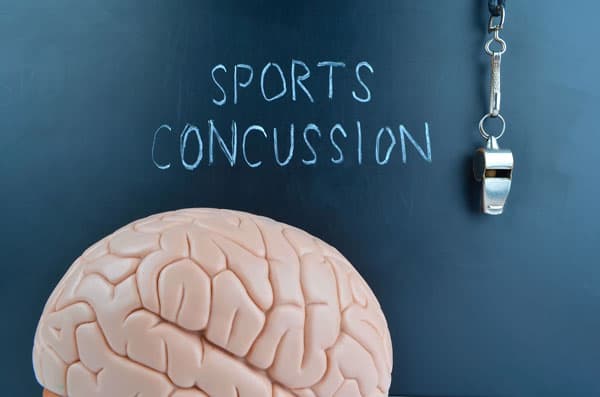
Athletes and CTE: How Much is Too Much?
A new study[1] published in Nature Communications this summer brings new insight into the root causes of chronic traumatic encephalopathy (CTE). Symptoms of CTE include cognitive impairment, behavioral changes, mood disorders, and motor control issues.[2]…
-

Traumatic Brain Injury and Alzheimer’s Disease
[vc_row][vc_column][vc_single_image image=”7192″ img_size=”full”][vc_column_text] [/vc_column_text][/vc_column][/vc_row] About 1.7 million people suffer traumatic brain injuries (TBIs) each year in the United States. These TBIs can be classified as mild (mTBI), moderate, or severe based on a number of…
-
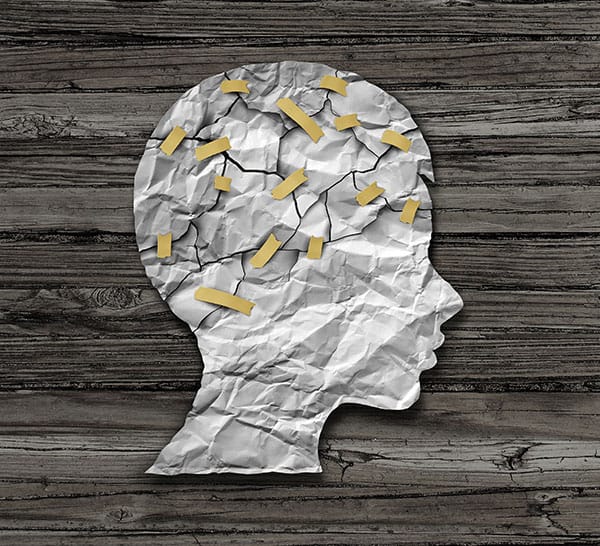
Executive Function in Children After Mild to Severe Brain Injury
[vc_row][vc_column][vc_single_image image=”6919″ img_size=”full”][vc_column_text] [/vc_column_text][/vc_column][/vc_row] For many years, the CDC has advised us that approximately half a million kids in the US visit the Emergency Room every year for concussion-related injuries.[1] A study published in the…
-
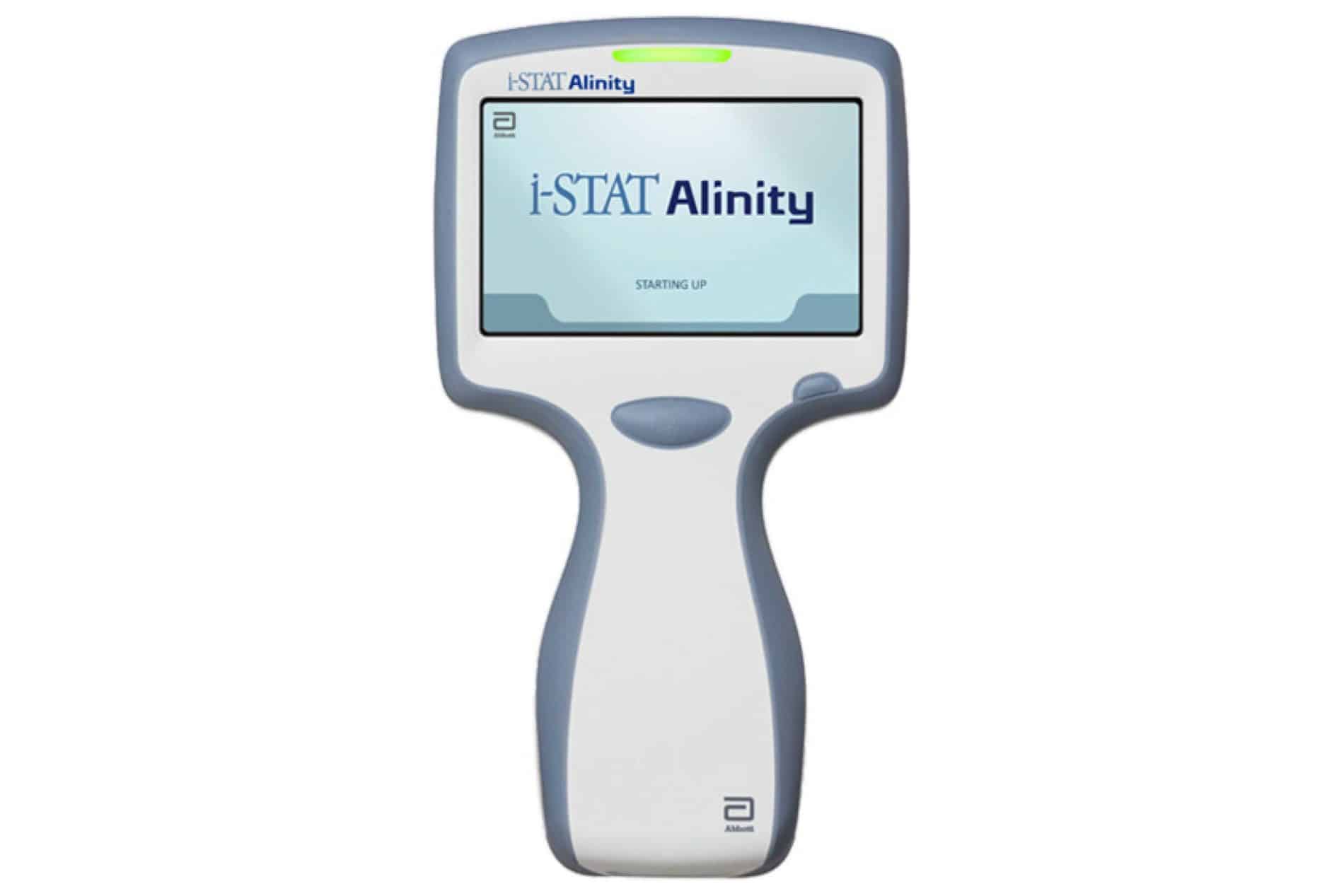
Update on Concussion Biomarkers
In November 2020, we published an article outlining the blood biomarker study coming out of the National Institutes of Health Clinical Center in Bethesda, Maryland, with significant implications for detecting, classifying, and treating traumatic brain…
-
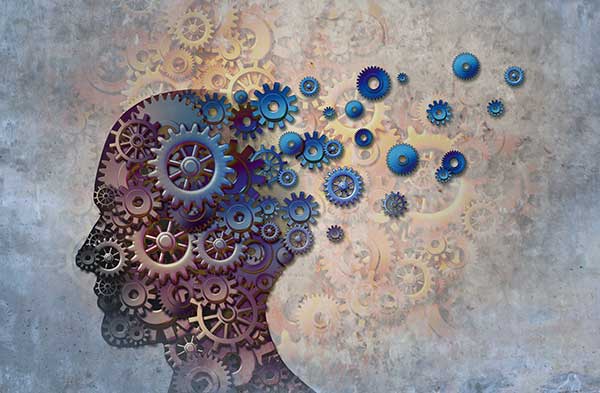
Adverse Childhood Experiences and Increased Risk of Traumatic Brain Injury
A new study published this month has investigated whether the existence of multiple adverse childhood experiences (ACEs) can lead to an increased risk of sustaining a traumatic brain injury (TBI) later on in life.[1] While…
-

How Much Sleep is Needed to Avoid Cognitive Decline?
Any provider who has treated patients suffering from the effects of trauma understands the importance of restorative sleep as part of the healing process. As attorneys, we have written articles discussing impactful medical studies when…
-
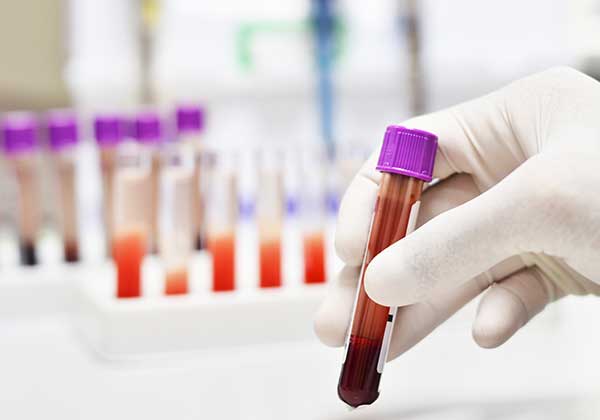
New Study Confirms Blood Biomarker Can Detect Traumatic Brain Injury
A recently published study conducted by scientists at the National Institutes of Health Clinical Center in Bethesda, Maryland has significant implications for detecting, classifying, and treating traumatic brain injury, at all severity levels. Published…
-
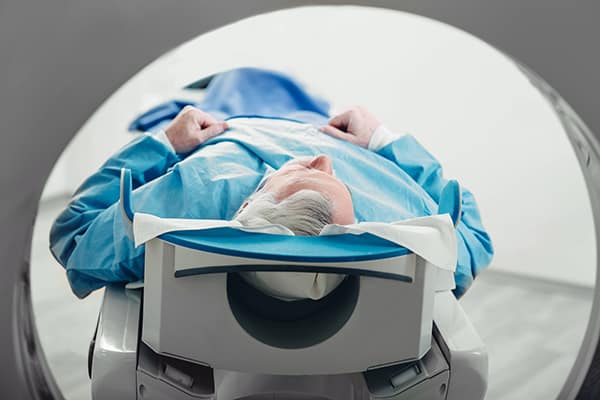
Hope for Patients in Unresponsive Wakeful States
“A horrible term.” That is how Belgian neurologist Steven Laureys characterizes the phrase “vegetative state”, often used by the general public, and many clinicians, to describe coma survivors who have woken from a coma but…
-

Cognitive Behavioral Therapy in the Rural Latino Population
A brain injury can be devastating and can often pose all sorts of challenges: social, familial, and personal. One of most significant challenges any brain injury survivor can face is post-traumatic depression, or an aggravation…